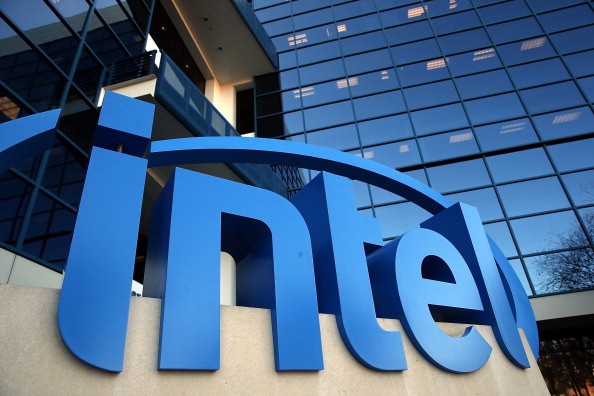Intel Corp. has unveiled plans to invest up to $5.5 billion in building its first semiconductor factory in China, a move seen by industry observers as part of the U.S. microchip giant’s efforts to improve ties with Beijing as it seeks new avenues for growth amid declining demand for computer processing chips.
Intel will be converting a facility in Dalian to manufacture 3D NAND microchips, which are advanced memory chips that can store data without consuming electricity, by the second half of 2016, according to Reuters.
The move comes at the heels of similar recent deals in the global semiconductor industry, highlighting the growing importance of memory chips to store data in increasingly popular mobile devices.
According to research firm TrendForce, China will consume $6.6 billion worth of NAND chips, which is 29 percent of global industry revenue.
Building a domestic chip industry has been deemed strategically important in China's efforts to modernize the world's second largest economy. Intel's investment comes after a 2014 deal to acquire a 20 percent stake of two mobile chipmakers owned by state-backed Tsinghua Holdings Co. Ltd.
For its part, Tsinghua recently announced a plan to purchase a 15 percent stake in U.S. digital storage manufacturer Western Digital Corp. for $3.8 billion.
In separate deals, Western Digital is also in advanced talks to acquire U.S. memory chipmaker SanDisk Corp., while Tsinghua is under regulatory scrutiny with its attempts to acquire Micron.
Intel's plans has also raised concerns that the new memory supply from the company could undercut margins for leading industry players such as South Korea's Samsung Electronics, SK Hynix, and Japan's Toshiba Corp.
Analysts have said that the healthy profits of the chip industry in recent years are due in part to careful capacity management among the major players.
On Wednesday, shares of SK Hynix dropped by 5.77 percent over concerns about the firm's outlook. The company is expected to report its third-quarter earnings on Thursday.
"SK Hynix needs to boost competitiveness for its NAND business, but these issues are creating problems for the company," Hana Financial Investment analyst Rokho Kim told Reuters.




























